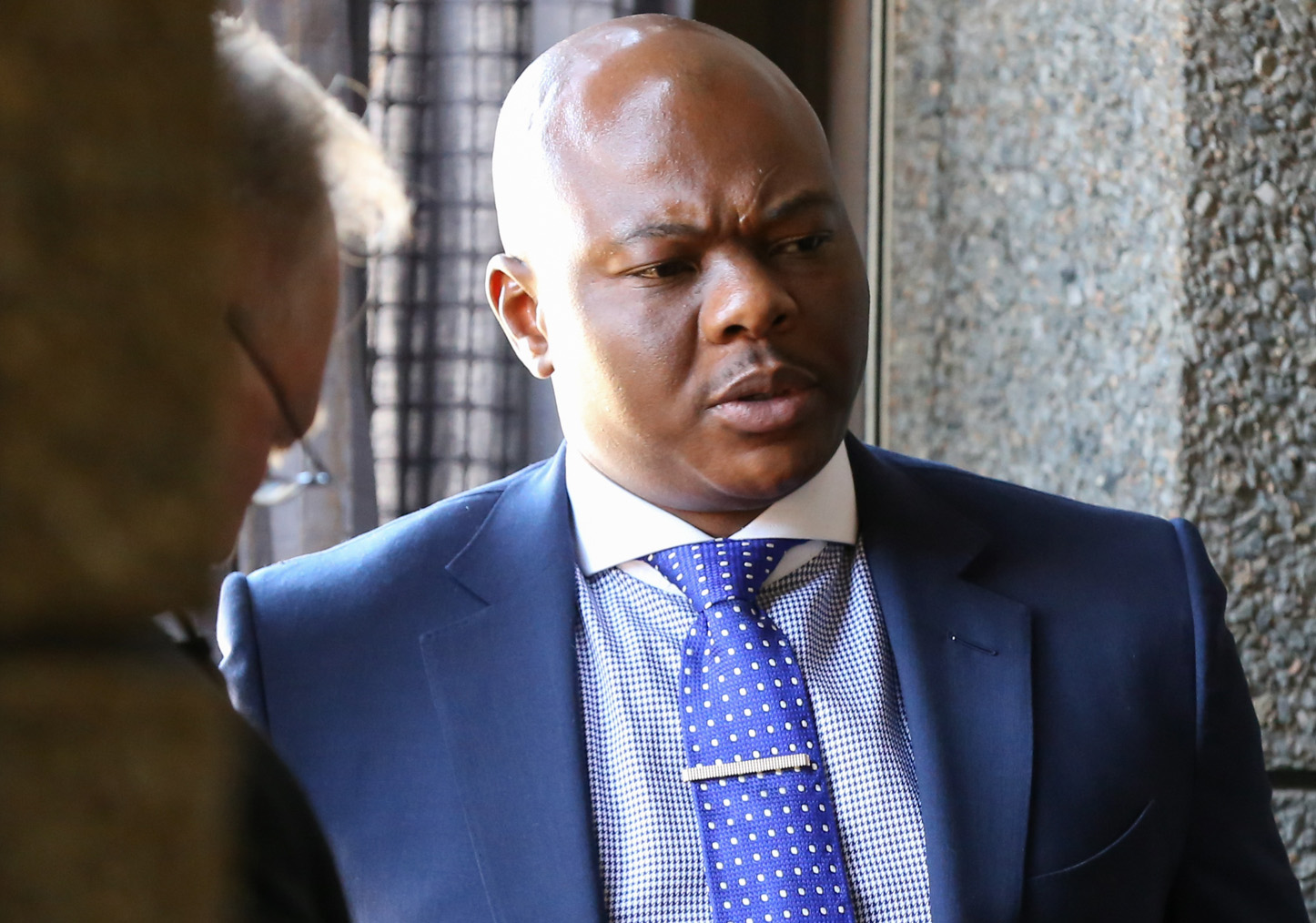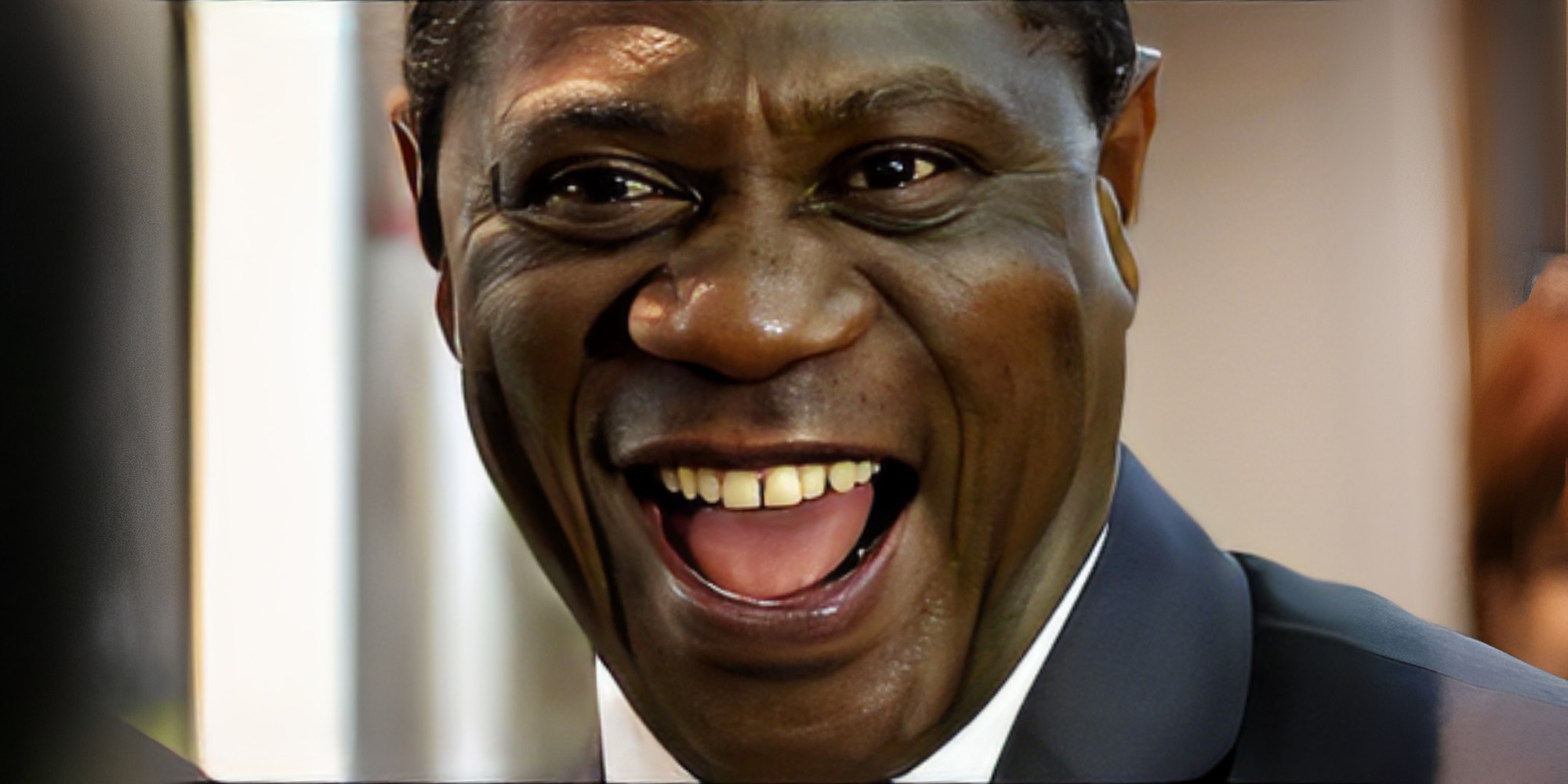On Monday, News24 published a detailed report indicating that, until recently, Deputy President Paul Mashatile had the regular use of a property owned by businessman Edwin Sodi.
Sodi currently faces charges of benefitting from State Capture. The Zondo Commission made a finding that the National Prosecuting Authority should consider charging him for his role in the asbestos scandal in the Free State.
The Cape Town property at which Mashatile stayed has now been seized from Sodi by the state.
To put this crisply, a property used regularly by our Deputy President has now been seized by the state on the basis that it was the proceeds of crime.
On Wednesday afternoon, Mashatile responded publicly to the claims in a statement, in which he described News24’s report as a “report hit” and said the allegations against him are unsubstantiated.
Perhaps the most interesting part of the statement is this paragraph:
“The Deputy President has never awarded, influenced, or in any way caused any state or public sector contract to be awarded to the individuals and companies mentioned by News24. Nor does the Deputy President have ownership or permanent use of any properties bought by these individuals and companies. The Deputy President would challenge anyone to prove otherwise.”
This raises a number of questions.
Does it mean that he has caused some contracts to be given to other individuals and companies? And, if he has, which contracts did he play a role in?
Then there is the careful choice of words in his claim that he does not have “ownership or permanent use of” these properties.
This clearly suggests that a major part of News24’s claim is true, that indeed he was using these properties. And it stops short of denying that he used them, or uses them, regularly.
Mashatile also does not deny having a relationship with Sodi, or the other businessperson mentioned in the report, Ndavhe Mareda. Rather, he says, “Naturally, some of the people he has interacted with throughout that long time have become close personal associates. There is nothing wrong or unusual about this, and the attempt to scandalise such associations is unfortunate.”
All of this may be true.
But it is also almost exactly what former President Jacob Zuma said about his relationship with the Gupta family, that he was merely “friends” with them. He also said that claims he had a business relationship with them were merely “rumours”.
As we now know, Zuma was lying, and the Guptas benefitted from his political support to the tune of at least around R50-billion.
 Businessman Edwin Sodi testifies at the Commission of Inquiry Into State Capture on 19 August 2020 in Johannesburg, South Africa. (Photo: Gallo Images / Luba Lesolle)
Businessman Edwin Sodi testifies at the Commission of Inquiry Into State Capture on 19 August 2020 in Johannesburg, South Africa. (Photo: Gallo Images / Luba Lesolle)
Read more in Daily Maverick: The total(ish) cost of the Guptas’ State Capture: R49,157,323,233.68
At the time, the Guptas had not been formally charged. In Mashatile’s case, Sodi has been formally charged with corruption, which surely makes questions about the nature of this relationship even more urgent.
And, of course, just because one politician had a corrupt relationship with a group of people does not mean that another politician now has a corrupt relationship with a different group of people.
Why no actual answers?
Mashatile’s refusal so far to directly answer questions about this also raises some concerns. It’s easy enough to put out a statement. But to really respond to these claims requires more than a statement or some half-hearted answer to a question in Parliament. For Mashatile, a much more effective strategy would be to actually answer the questions this raises. And to be seen to be answering them.
This he has failed to do.
It is certainly curious that he refused to answer News24’s questions before it published its first report. Why? What did he have to lose?
The News24 report and Mashatile’s response come in a context in which it appears there has been a whispering campaign suggesting he could become President sooner rather than later.
This may explain Mashatile’s public declaration of loyalty to President Cyril Ramaphosa in his statement, where suggestions he wants to be President are “strenuously denied”.
One of the reasons that Mashatile is so vulnerable to the claim that he is trying to campaign for the top job is the strange behaviour of Ramaphosa himself.
As the political analyst Ralph Mathekga put it on SAfm on Thursday morning, Ramaphosa has created a political vacuum. In other words, despite the Presidency’s repeated claims that Ramaphosa has not “checked out” of his job, in the absence of public leadership from him, people will look to whoever is next in line.
Unfortunately for Mashatile, this recent reporting is not the only claim that could define his image.
Earlier this year, a woman called Gugu Nkosi told You magazine and other publications that he “sponsored her travels overseas … showing us SMS notifications of payments from R200,000 to R500,000 she says are from Paul”.
Mashatile’s associate Keith Khoza has laid criminal charges against Nkosi over her conduct.
The key question is how Mashatile would be able to afford to pay for Nkosi’s “travels overseas”. In his previous job as ANC treasurer, he did not earn a large salary. And yet, he appears to have been living a life of luxury, while workers at Luthuli House were not paid salaries because the ANC had run out of money.
Not a well-known figure
Meanwhile, one of the problems that Mashatile faces if he is in fact on a quest for the presidency is that most voters don’t know very much about him.
If you look at our previous Presidents who were first Deputy Presidents, all were well-known beforehand. Ramaphosa, Jacob Zuma and Thabo Mbeki were all national figures before becoming Deputy President.
While Mashatile was minister of arts and culture, most of his political work was in Gauteng, in his role as Gauteng leader of the ANC.
This means that he may have to shape a narrative or an image around him, to convince the electorate to give him their votes. And a statement denying claims will not be enough. For him to help the ANC to win an election, voters will need an image of him not formed only by claims of corruption.
To achieve this, he would have to speak more often in public and give broadcast interviews to radio and television stations across the country. But each interview could also put him in political danger.
Such is the speculation about whether he will be our next President, it is likely that there will be many more investigations into his life and his relationships.
Which means that his future could be determined by how he responds to any claims that arise. DM




 Director of Blackhead Edwin Sodi testifies at Commission of Inquiry Into State Capture on 19 August 2020 in Johannesburg, South Africa. (Photo: Gallo Images / Luba Lesolle)
Director of Blackhead Edwin Sodi testifies at Commission of Inquiry Into State Capture on 19 August 2020 in Johannesburg, South Africa. (Photo: Gallo Images / Luba Lesolle) 